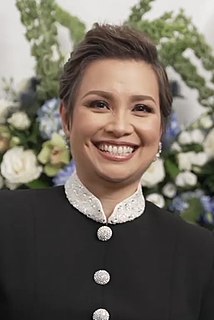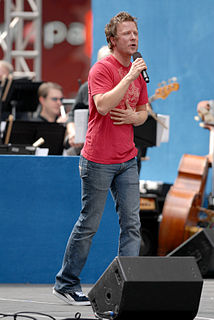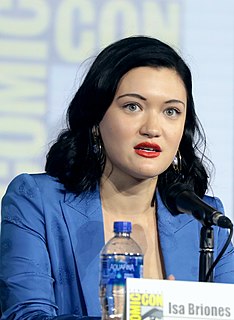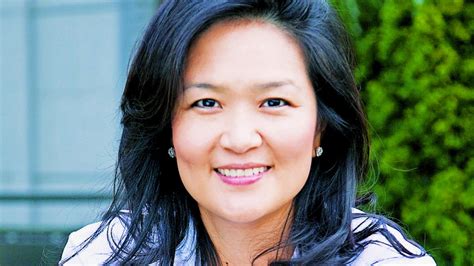A Quote by Colin Donnell
'Miss Saigon' was my first professional show. It was one of the first regional productions of 'Miss Saigon.'
Quote Topics
Related Quotes
I took some voice lessons here and there as a teenager but nothing too serious. I started taking it more seriously when I was in Miss Saigon. I needed to improve my technique in order to survive doing that show as many time a week as I was doing it. It's not an easy show to sing, so I needed all the help I could get.
I first became interested in Ho Chi Minh in 1964-1965 while I was stationed at the U.S. Embassy in South Vietnam as a foreign service officer with the Department of State. The government in Saigon was at the point of collapse and the [Lyndon] Johnson administration was preparing to send U.S. combat troops to prevent a communist victory there. I became convinced that the U.S. effort would not succeed because of the lack of conviction in the Saigon government compared to the discipline and sense of self-sacrifice among the Viet Cong.
The nice thing about doing a pop opera - in the way that doing, say, 'Miss Saigon' or 'Les Miz' would be - is that, because the convention is set from the beginning that this is an opera and everything is sung, there is never that feeling of 'Why is this person bursting out into song?' because the whole thing is sung.
Putting is so difficult, so universally vexing, that the best the pros can do is tell us how to miss. 'Miss it on the pro side,' they say, meaning miss it above the hole. I can't even do that consistently. I miss it on the pro side. I miss it on the amateur side. I miss it on both sides of the clown's mouth.































